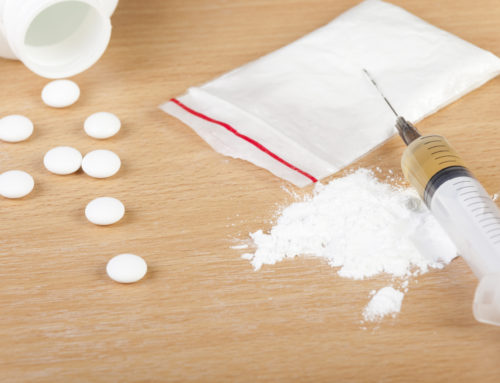Alkyl nitrites or ‘poppers’ as they are more commonly known, aren’t outlawed under the Psychoactive Substances Act.
The organic compound has been in use as a recreational drug since the 1970s, and since the initial wishes of the government to include the substance in the upcoming back, there has significant pressure from the public, most notably the LGBTI communities.
In lieu of this pressure, the government enlisted the assistance of the Advisory Council for the Misuse of Drugs (ACMD) to carry out a thorough analysis into the associated harms of the products, to which they responded on 16th March
The ACMD’s advice stated that they view a psychoactive substance has to have a direct action on the brain and that substances having peripheral effects, such as those caused by alkyl nitrites, do not directly stimulate or depress the central nervous system.
As a result, in the ACMD’s view, alkyl nitrites (‘poppers”’) do not fall within the scope of the current definition of a ‘psychoactive substance’ in the Psychoactive Substances Act 2016. Consequently, the ACMD does not see a need for an exemption under the Psychoactive Substances Act.
The decision to confirm the exclusion of poppers from the Psychoactive Substances Act, which will criminalise the trade in legal highs from this month, was announced by a Home Office minister, Karen Bradley, on 22nd March.
She said she agreed with the Advisory Council on the Misuse of Drugs that only substances that ‘directly stimulate or depress the central nervous system are psychoactive’, and should come within the blanket ban on the sale of legal highs.
Karen told the ACMD, ‘Having given due consideration, the government agrees with your advice and interpretation of the definition. We do so in the understanding that ‘poppers’ have these unique indirect effects.
‘Our understanding is that this approach does not have any further implications for the operation of the Act and that other substances that the Act intends to cover are not affected,” said Bradley, adding they remained confident the courts would uphold the psychoactivity of legal highs banned under the legislation.’
Source: www.sdf.orf.uk



